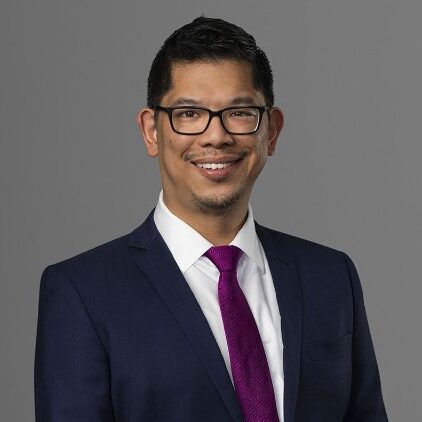

Charles Johanes has over 20 years of experience and is the lead Partner of the National Aged Care Sector practice group at global immigration firm, Fragomen.
He has worked extensively with aged care providers to refine their workforce strategy to ensure alignment with broader organisational objectives. He also engages with government on policy issues impacting on the sector.
Charles holds a Bachelor of Law, a Master of Law and Management and a Bachelor of Arts degrees from the University of New South Wales.
World-class workforce: International models to address Australia’s labour market needs in aged care
Precis
Australia’s aged care sector is navigating critical workforce challenges—from persistent staffing shortages to the need for culturally competent care in an increasingly diverse society.
While local efforts continue, valuable lessons can be drawn from international models that have successfully leveraged immigration, cross-border recruitment, and policy innovation to strengthen their aged care systems.
This presentation explores how countries around the world are using international mobility and workforce programs to build sustainable care workforces, offering insights directly applicable to Australia’s evolving aged care landscape.
Canada, for instance, offers permanent residency pathways through its Home Care Worker Immigration Pilot, allowing care workers to migrate while accessing integration support. In Germany, the Triple Win Program recruits qualified nurses from countries like the Philippines and Vietnam through government-to-government agreements, combining vocational and language training prior to arrival. Japan has pioneered bilateral agreements under its Economic Partnership Agreements (EPAs) and the Specified Skilled Worker (SSW) visa, which embed caregiving-specific testing and cultural orientation as prerequisites for long-term employment.
The United Kingdom’s Health and Care Worker visa fast-tracks recruitment of international aged care professionals by waiving visa fees and offering extended stays, while Finland partners with nations such as Kenya and the Philippines to develop structured care training pipelines. Closer to home, New Zealand’s Accredited Employer Work Visa prioritises aged care workers in its migration settings to meet rural and ageing population needs.
These global case studies showcase best-practice examples of how immigration, ethical recruitment, and bilateral partnerships can not only alleviate workforce pressures but also support diversity, skills development, and continuity of care.
Attendees will gain practical insights into:
• International policy frameworks for care worker mobility;
• Culturally responsive integration models for migrant care staff;
• Global economic and demographic trends reshaping the care labour market;
• Adaptable strategies for talent attraction and retention.
By looking outward, Australia has the opportunity to adopt and tailor proven global solutions that reinforce the resilience and humanity of its aged care sector. This session invites providers, policymakers, and workforce leaders to reimagine aged care through a global lens—fostering innovation, inclusivity, and sustainability.
C5 – Migration: The silver bullet or a stopgap?
Precis
As aged care faces workforce shortages and increasing demand, migration is often proposed as a solution—but is it a sustainable long-term strategy or a temporary fix? This conversation will explore the role of migration in addressing workforce challenges, examining policy, ethical and practical considerations.